Government delays petrol and diesel ban until 2035: What you need to know
Prime minister Rishi Sunak has confirmed that the planned ban of new petrol and diesel cars has been postponed until 2035.
The ban on the sale of new ICE (internal combustion engine) vehicles was set to come into action in 2030, but the delay is just one of several policy changes that aim to soften key green policies.
Sunak said that despite the postponement, the UK will still be committed to reaching net zero carbon emissions by 2050. He commented that the UK was “already a world leader” when it comes to EVs.
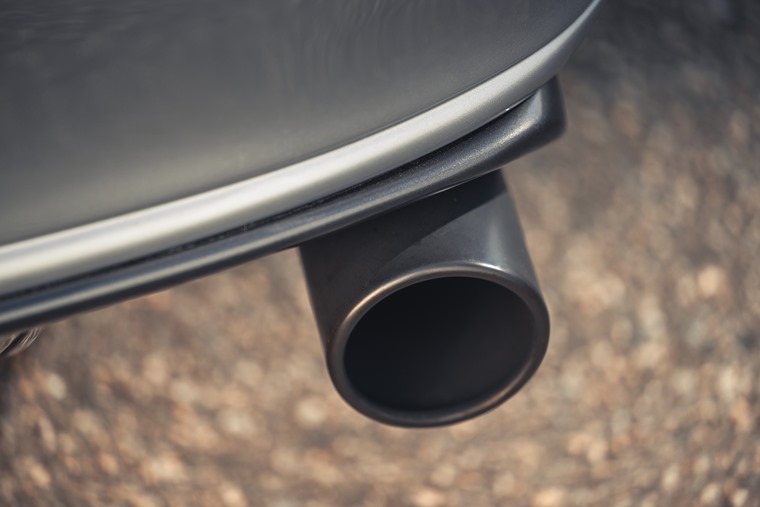
In his statement, he said he still expects the vast majority of new vehicles sold in 2030 to be fully electric, and the policy change simply brings the UK in line with other nations like Canada, France and Germany.
He said: “I expect by 2030, the vast majority of new cars sold will be electric, because the costs are reducing, the range is improving, the charging infrastructure is growing.
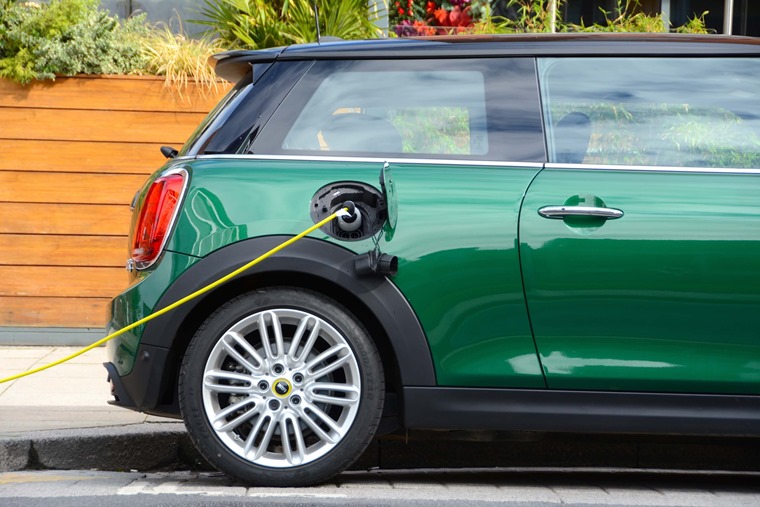
“I also think, at least for now, it should be you that makes that choice, not the government forcing you to do it. Because the upfront cost is high. We’ve got further to go to get the charging infrastructure in place.”
Notably, the PM also made it clear that existing petrol and diesel vehicles will still be allowed to be sold after 2030, and their usage will continue for years to come.
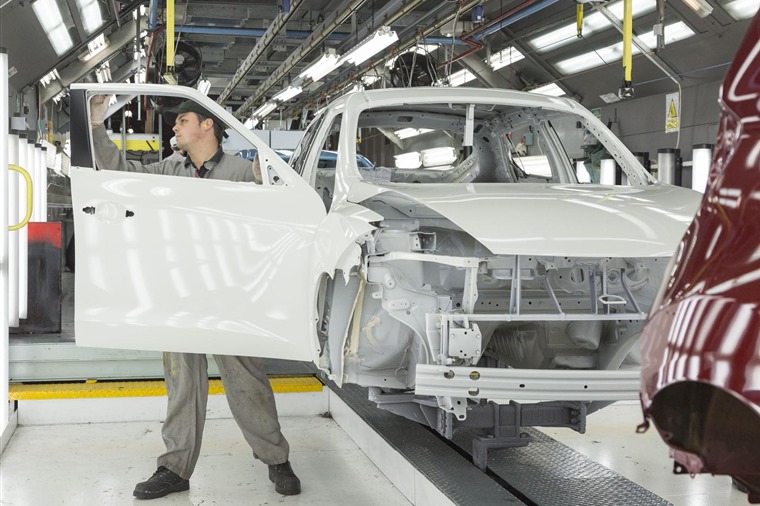
Reactions from the industry and OEMs
There has been a mixed response to the policy change from the industry, with some manufacturers stating that it is a pragmatic step, while others criticising the move, saying it would undermine the messaging and strategies already in place.
Jaguar Land Rover said that it makes sense to bring the UK’s plans in line with other European countries, but added that it was still committed having a completely zero-emission line-up by 2035.
Mike Hawes, chief executive of the Society of Motor Manufacturer and Traders (SMMT) said: “To make this a reality consumers must want to switch, which requires from government a clear, consistent message, attractive incentives and charging infrastructure that gives confidence rather than anxiety.”
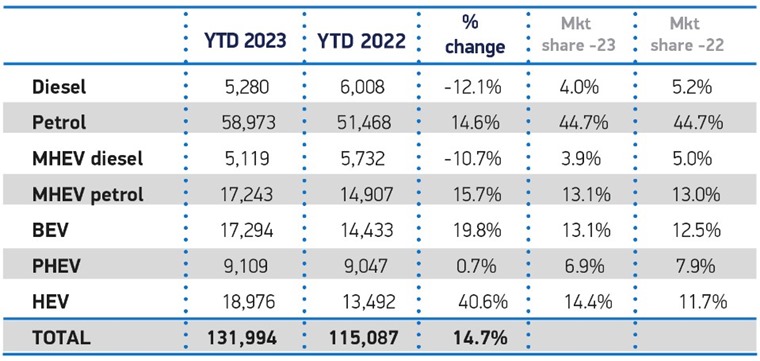
EV market share continues to grow strongly year-on-year
Manufacturers have also stated that despite the change, their ambitious EV sales targets remain unchanged. Ford UK’s chair, Lisa Brankin, said: “Ford has announced a $50 billion commitment to electrification, launching nine electric vehicles by 2025.
“The range is supported by £430 million invested in Ford’s UK development and manufacturing facilities, with further funding planned for the 2030 timeframe. Our business needs three things from the UK government: ambition, commitment and consistency.A relaxation of 2030 would undermine all three.”
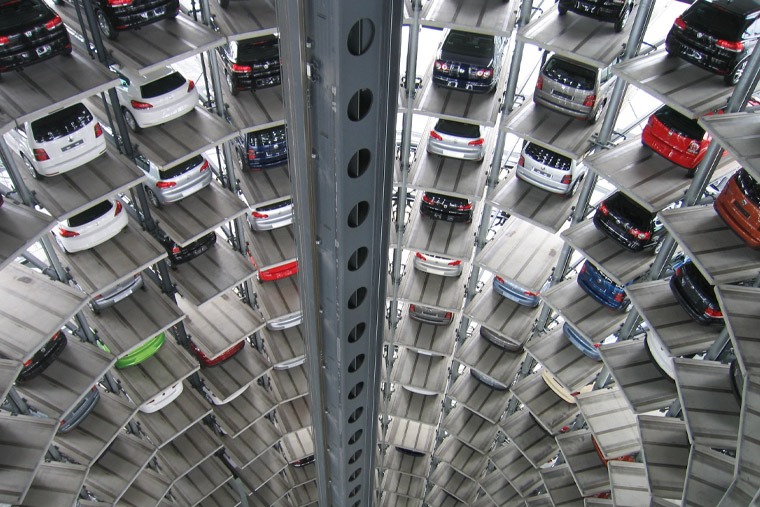
What does it mean for the new car market?
Despite the headline, not much will actually change for those in the market for a new vehicle in the coming years. In fact, the government has kept its Zero Emissions Vehicle mandate for car makers, despite the delay in banning new petrol and diesel vehicles.
This mandate gives manufacturers a minimum annual target of zero-emission vehicle sales, which will become more stringent and ambitious as we move towards 2030. In 2024, manufacturers will be expected to make 22% of their sales by zero-emission vehicles. This will rise to 80% by 2030.
The strong uptake of electric vehicles is unlikely to change too, with more development and research creating ever-more efficient and usable EVs. Nearly every manufacturer now has at least one EV available right now – here’s an A to Z of the latest models.
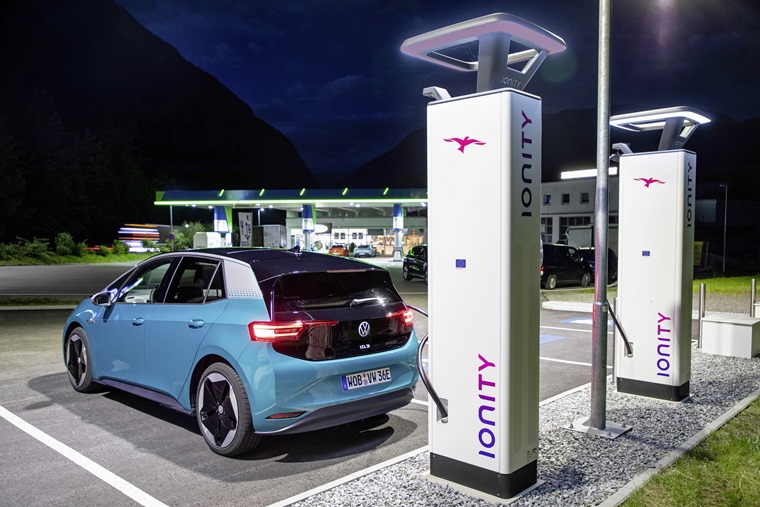
Increasing charging infrastructure is one of government’s key plans
As part of Sunak’s announcement, he also promised incentives and initiatives that will accelerate the charging infrastructure. The aim of this is to encourage people to make the switch by giving them confidence in the charging network.
The change is likely good news for low-volume manufacturers though, particularly those that create luxury and high-performance combustion models; Aston Martin for example.
What do you think of the change in policy? Is it a politically-motivated u-turn ahead of a general election, or is it a pragmatic approach? If you’re ready to make the jump to EV power right now, you can check out deals by hitting the button below.
